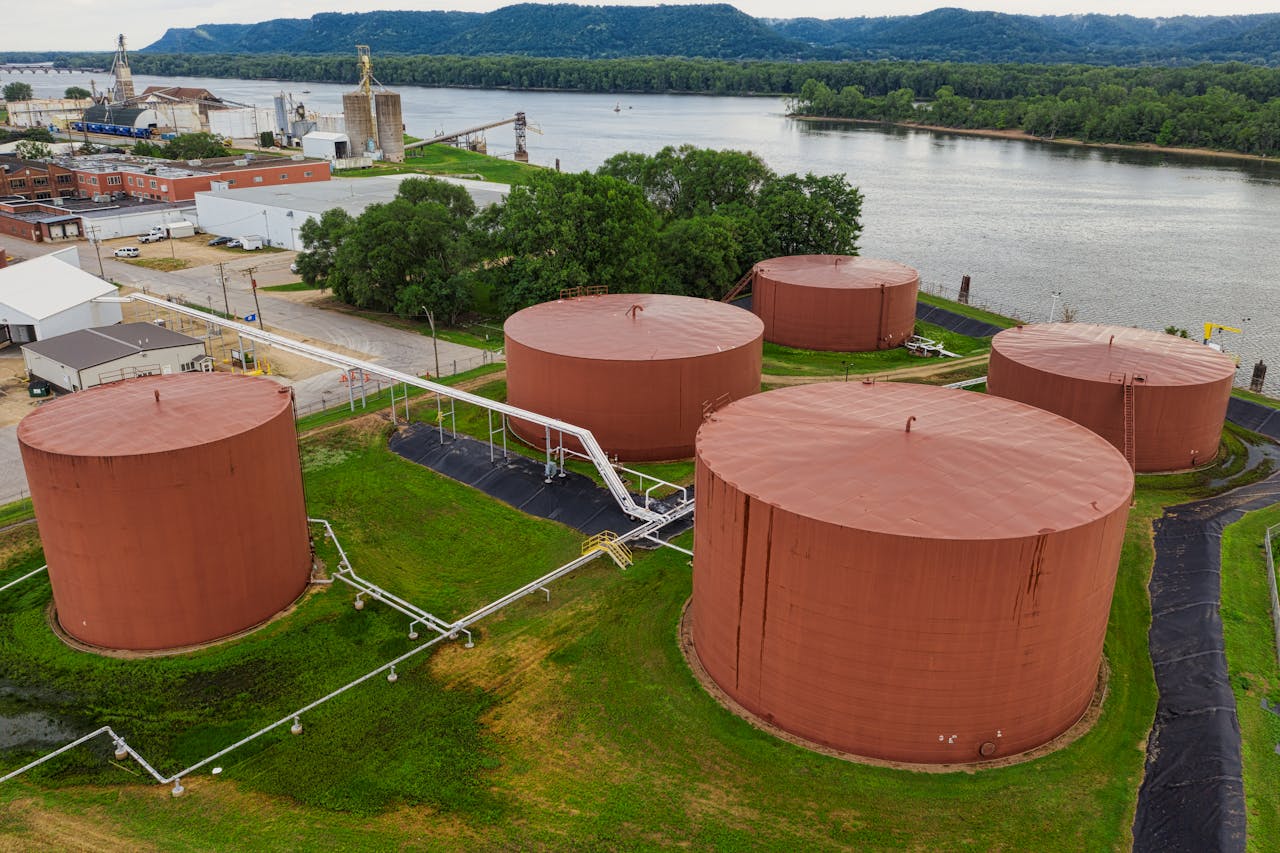Project Management Office (PMO) : Setting up, Structure, Roles and Responsibilities

| Date | Format | Duration | Fees (USD) | Register |
|---|---|---|---|---|
| 24 Nov - 28 Nov, 2025 | Live Online | 5 Days | $3785 | Register → |
| 01 Dec - 05 Dec, 2025 | Live Online | 5 Days | $3785 | Register → |
| Date | Venue | Duration | Fees (USD) | Register |
|---|---|---|---|---|
| 10 Nov - 14 Nov, 2025 | Dubai | 5 Days | $5775 | Register → |
| 15 Dec - 19 Dec, 2025 | Johannesburg | 5 Days | $5775 | Register → |
Did you know that organisations implementing well-structured PMO frameworks achieve 30-40% improvement in project success rates through systematic governance structures and resource optimisation? This compelling statistic underscores the critical importance of effective PMO establishment in today’s complex project management environment.
Course Overview
The Project Management Office (PMO) Setting up, Structure, Roles and Responsibilities course by Alpha Learning Centre is meticulously designed to equip professionals with essential skills in designing effective PMO structures, defining clear PMO roles, and optimising governance frameworks. This course focuses on PMO charter development, service catalogue design, and performance monitoring systems to ensure participants can effectively navigate the sophisticated landscape of PMO establishment and operations.
Why Select This Training Course?
Selecting this PMO Setting up, Structure, Roles and Responsibilities Course offers numerous advantages for professionals involved in PMO direction, project management, and programme coordination. Participants will gain advanced knowledge of PMO governance frameworks, resource allocation strategies, and stakeholder engagement techniques. The course provides hands-on experience with state-of-the-art PMO methodologies and real-world case studies, enabling attendees to optimise their PMO implementation strategies effectively.
For organisations, investing in this training enhances overall project delivery performance and reduces operational risks. By ensuring that personnel are well-trained in PMO structures and governance frameworks, organisations not only improve their project success rates but also build sustainable practices. Research shows that companies employing structured PMO governance and risk management frameworks reduce project overruns by 25-35% through systematic risk assessment and portfolio monitoring. Academic research published in Emerald Insight demonstrates how PMO service delivery models and process standardisation minimise operational risks while maintaining strategic alignment.
Individuals who complete this course will benefit from enhanced career prospects as they become more valuable assets in their respective fields. The skills acquired through this training can lead to professional growth and increased responsibilities within their organisations. Studies indicate that participants develop skills in PMO charter development, service catalogue design, and compliance monitoring critical for PMO success. Academic research demonstrates how competency in risk oversight and escalation management enables professionals to lead cross-functional initiatives effectively.
Transform your PMO capabilities – Register now for this critical advanced training programme.
Who Should Attend?
This course is suitable for:
- PMO directors
- Project managers
- Programme coordinators
- Portfolio analysts
- Business unit leaders
- Governance officers
What are the Training Goals?
This course aims to:
- Design effective PMO structures
- Define clear PMO roles
- Optimise governance frameworks
- Enhance project delivery support
- Improve resource allocation strategies
- Strengthen performance monitoring systems
- Align PMO with organisational goals
How will this Training Course be Presented?
The Project Management Office (PMO) Setting up, Structure, Roles and Responsibilities Course employs a comprehensive and innovative approach to ensure maximum knowledge retention and skill development. Expert-led instruction from seasoned PMO professionals forms the core of the course, providing up-to-date insights into modern PMO methodologies and practical applications for today’s complex organisational environments.
The course utilises a blend of theoretical understanding and practical applications, allowing participants to apply their knowledge to realistic scenarios. Advanced educational methodologies create a personalised and engaging learning journey through:
- Case studies from successful PMOs
- Interactive structure design workshops
- Expert-led role definition sessions
- Group exercises for governance planning
- Practical simulations for PMO operations
- Peer discussions for best practices
Join us now and elevate your PMO expertise to new heights!
Course Syllabus
Module 1: Designing PMO Structures
- Assess organisational needs
- Define PMO scope
- Choose PMO model type
- Align with strategic objectives
- Develop PMO charter
- Integrate governance structures
- Evaluate PMO scalability
- Monitor structure effectiveness
Module 2: Defining PMO Roles and Responsibilities
- Assign key PMO roles
- Clarify role boundaries
- Develop role competency frameworks
- Evaluate role performance metrics
- Integrate cross-functional responsibilities
- Align roles with objectives
- Monitor role clarity
Module 3: Establishing PMO Governance Frameworks
- Design governance policies
- Define decision-making authorities
- Implement accountability mechanisms
- Monitor compliance digitally
- Evaluate governance effectiveness
- Integrate risk oversight
- Assess stakeholder involvement
- Use governance audit tools
- Align with organisational standards
- Manage escalation processes
Module 4: PMO Service Delivery Models
- Develop service catalogues
- Prioritise PMO offerings
- Evaluate service performance
- Monitor service uptake
- Align services with needs
- Use service feedback loops
Module 5: Resource Management in PMO Operations
- Assess resource availability
- Implement allocation models
- Use capacity planning tools
- Monitor resource utilisation
- Evaluate resource cost efficiency
- Integrate forecasting techniques
- Manage resource conflicts
- Align with project demands
Module 6: Performance Monitoring and Reporting
- Design KPI dashboards
- Use earned value metrics
- Evaluate performance variances
- Implement reporting systems
- Analyse portfolio health
- Monitor programme metrics
- Align with strategic goals
Module 7: Risk Management for PMO
- Identify portfolio risks
- Assess programme dependencies
- Evaluate project risk controls
- Develop mitigation strategies
- Monitor risks digitally
- Integrate risk governance
- Analyse risk trends
- Align with PMO objectives
Module 8: Stakeholder Engagement in PMO
- Map stakeholder networks
- Develop engagement plans
- Monitor engagement metrics
- Evaluate feedback loops
- Manage conflicting priorities
- Align with governance
- Use communication tools
Module 9: PMO Process Standardisation
- Develop standard processes
- Implement methodology frameworks
- Evaluate process compliance
- Monitor process efficiency
- Use process audit tools
- Integrate lessons learned
- Assess process scalability
- Align with organisational standards
- Manage process variations
- Evaluate process performance
Training Impact
The impact of PMO setting up, structure, roles and responsibilities training is evident through various real-world case studies and data, which demonstrate the effectiveness of structured programmes in enhancing project outcomes and organisational performance.
Research indicates that organisations implementing structured PMO training programmes have demonstrated measurable benefits in both delivery efficiency and governance effectiveness. A case study from Government Agency PMO Excellence Initiative showed that integrating comprehensive PMO governance frameworks with risk management processes across multiple public sector programmes demonstrated a 30% improvement in programme delivery success rates and enhanced stakeholder satisfaction through systematic PMO service catalogues and performance metrics.
These case studies highlight the tangible benefits of implementing advanced PMO establishment techniques:
- Improved project delivery performance through systematic governance structures and resource optimisation
- Enhanced programme delivery success rates through comprehensive PMO governance frameworks and risk management processes
- Increased resource utilisation efficiency through systematic PMO processes and stakeholder engagement strategies
- Strengthened operational risk management through PMO service delivery models and process standardisation
By investing in this advanced training, organisations can expect to see:
- Significant improvement in project success rates and delivery performance indicators
- Improved ability to handle complex organisational environments with structured PMO frameworks
- Enhanced decision-making capabilities through comprehensive governance structures and accountability mechanisms
- Increased competitiveness through advanced PMO establishment and operational excellence strategies
Transform your career and organisational performance – Enrol now to master Project Management Office (PMO) Setting up, Structure, Roles and Responsibilities!








